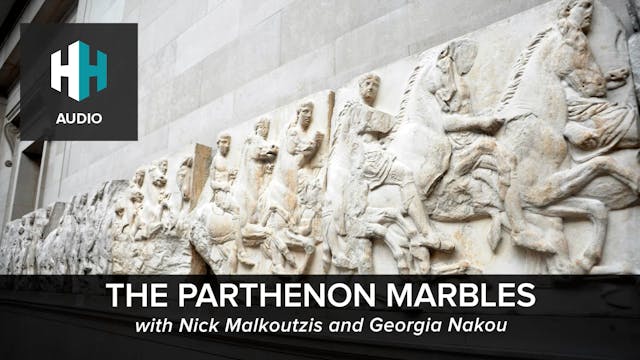We’re finishing off 2021 with what is perhaps Julius Caesar’s greatest legacy. It’s not a military victory or battle, but one of the many political reforms that truly has stood the test of time: the Julian calendar. Before, calendars were largely based on the lunar calendar, and believe it or not, were pretty flexible, and therefore easily manipulated for political gain. (Need more time to collect some taxes? Just add three more days!)
In this episode, Tristan is joined by Dr Philip Nothaft to discuss how and why this reform came about, and the lasting impact of this watershed moment today.
Thank you so much for listening to The Ancients this year, it’s been so fun to have you along for the chariot ride. We can’t wait to bring you even more exciting ancient history in 2022! If you can’t wait, why not subscribe to our Ancient History Thursday newsletter here: https://www.historyhit.com/sign-up-to-history-hit/?utm_source=timelinenewsletter&utm_medium=podcast&utm_campaign=Timeline+Podcast+Campaign
Music:
Time Is Palpable - Bradley Andrew Segal & Dorian Charnis
Up Next in Archive of Dan Snow's History Hit 🎧
-
🎧A Medieval Christmas
Ever wondered why we call Christmas, ‘Christmas’? And why it’s celebrated on the 25th December? Or maybe where the Christmas tree came from, the Yule log, the nativity, Father Christmas and even the advent calendar?
Well you might be surprised to learn they’re all rooted in medieval traditions. ...
-
🎧 Inside The Great Cathedrals of Europe
A trip to Paris wouldn't be the same without taking a moment to gaze up at the great looming towers of the Gothic Notre Dame Cathedral with its watchful gargoyles on every corner. Today, celebrated journalist Simon Jenkins joins Dan to discuss 'humankind's greatest creation'; the cathedral. Simon...
-
🎧 The Parthenon Marbles
The permanent home of the Parthenon Marbles, also known as the Elgin Marbles, has been the subject of a heated, decades-long debate.
Currently housed in the British Museum, Greece has been proactively campaigning for their return since the 1980s. But, how did this controversy start and why did t...




1 Comment